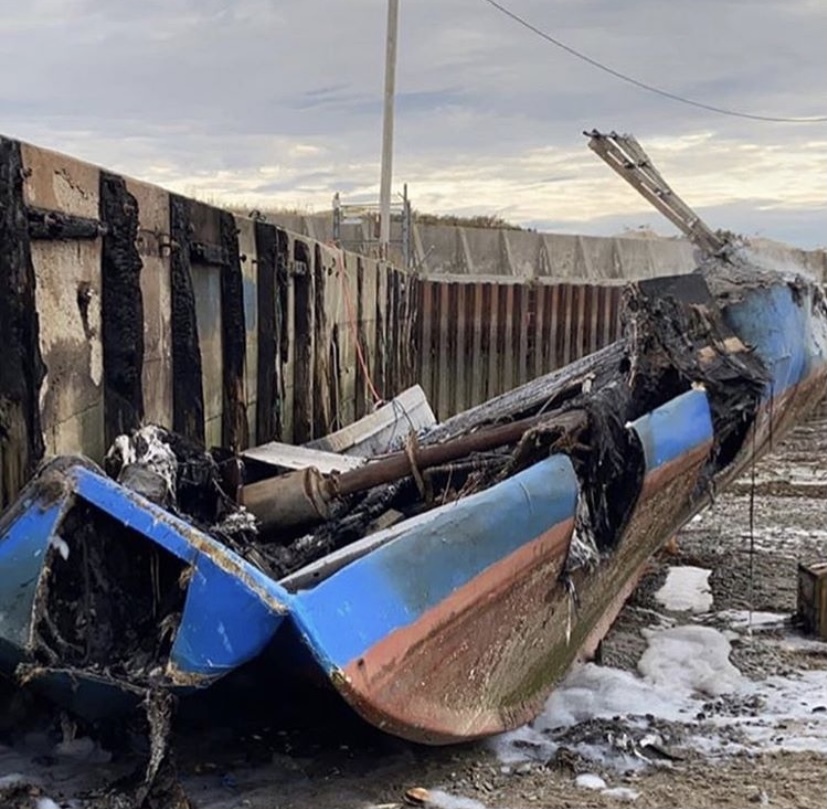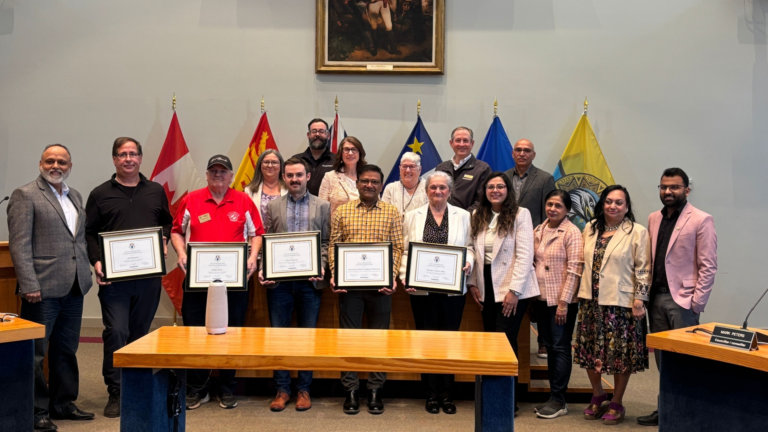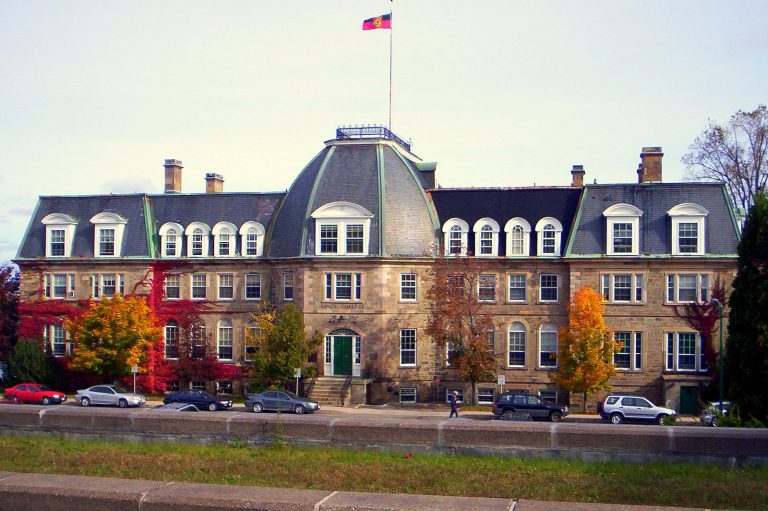Violence in Southwestern Nova Scotia has been on-going since the Sipekne’katik First Nation launched a self-regulated commercial fishery on Sept. 17.
Non-Indigenous commercial fishermen have committed violent acts such as destroying lobster, cutting traps and buoys, vandalizing vehicles, setting fires, and causing uproars.
“It’s racism, it’s deep-rooted racism,” said Justice Gruben, a 23-year-old from Kingsclear First Nation, Wolastoqiyik territory.
Gruben first became aware of what was happening in Nova Scotia when watching a video of non-Indigenous protestors at the Sissiboo wharf in Digby. The video was sent to him by Robert Syliboy, whose boat was later destroyed.
In Nova Scotia, fishing is an important part of the economy with rules created to protect lobster populations from being overfished. Commercial fishermen feel Indigenous fishermen are breaking those rules.
“It’s not about conservation, it’s about our rights and it always has been,” explained Gruben, expressing frustration about the misguided logic of commercial fisherman. “[Indigenous fishermen] recently bought two licences from Clearwater so that we can fish commercially in those areas too. The areas we’re not allowed to fish in. Even though it’s our land and it’s close to our waters that we fished in for thousands of years.”
LFA 34, the fishing area in Digby, holds more than 1000 licenses to fish. The Mi’kmaq fishers hold six of those licenses.
“You pay for your license, I was born with mine – you have a privilege to fish, and I have a right to fish,” Gruben said, referring to a quote by Syliboy.
Gruben explained how the Indigenous people’s rights to fish for a moderate livelihood were affirmed in Section 35 of the Constitution of 1982 and were upheld in the Supreme Court of Canada in the case of R. v. Marshall in 1999.
While the Mi’kmaq people in Nova Scotia work to protect their rights, Gruben has been traveling back and forth to Digby to show his support while also attending StFX University. Although he is not a part of that exact community, he stands in solidarity with them.
“When one of us hurt, we all hurt,” he said.
Gruben was given a first-hand account of the violence when commercial fishermen attempted to barricade himself, and other Indigenous people, at a lobster pound.
“We knew what was happening, we knew they were trying to lock us in,” he explained, stating that one thing stood out to him the most: “There were no police, there were no statements taken, nothing.”
Gruben, along with many others, feel that law enforcement are allowing this violence to continue by not supporting and protecting the rights of Indigenous people.
As the violence continues in Nova Scotia, Gruben explained how people can aid the Mi’kmaq fishers and their families.
“I have seen this type of racism before, but I have not seen this type of love and support for Indigenous peoples before. It’s really good to see that but we now need to see that from our government,” said Gruben. “We’re just trying to protect the little bit that we have left.”
You can support Indigenous fishermen by sharing posts on social media, signing petitions, and writing letters to government officials. Donations can also be made to help with the cost of the damaged properties and to help the front liners trying to protect their properties through Monicah@sipeknekatik.ca and 1752frontline@gmail.com.




